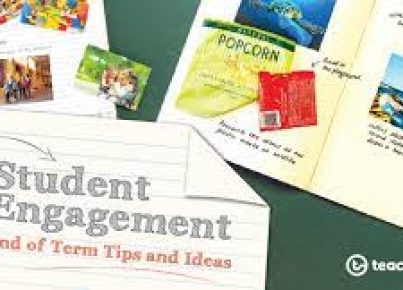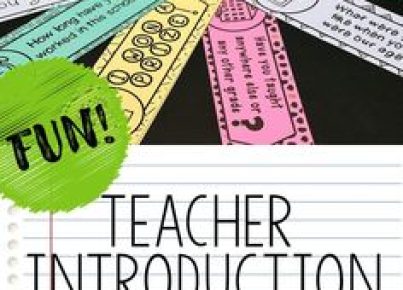A well-crafted scholarship recommendation letter can make a significant difference in the application process, helping students win the awards they need to pursue their education. In this article, we’ll explore ten strong examples of scholarship recommendation letters that effectively highlight a student’s strengths and achievements.
1. Academic Excellence Letter: This letter praises the student’s exceptional academic accomplishments, such as a high GPA, competitive exam scores, or unique research projects. It may also mention the student’s dedication to their studies and their commitment to continually improving their knowledge and skills.
2. Leadership Letter: This type of letter focuses on the student’s leadership qualities such as initiative, effective communication, and ability to inspire others. It should provide specific examples of how the student has demonstrated these traits in various school or community activities, as well as their potential for continued growth in this area.
3. Character Letter: A character reference letter provides insight into a student’s personal qualities, values, and work ethic. This form of recommendation emphasizes the positive impact they’ve made on their peers, teachers, and community through acts of kindness, integrity, or responsibility.
4. Extracurricular Activities Letter: A strong extracurricular activities letter highlights the student’s involvement and dedication to clubs, sports teams, or other non-academic pursuits. The recommender should emphasize the depth of passion, skill level, and achievements within these activities.
5. Volunteer Experience Letter: A volunteer experience letter reflects upon a student’s commitment to giving back to their community or helping those in need. It should detail specific examples of volunteer work they’ve completed and how it has made a meaningful impact on others.
6. Research Skills Letter: This type of recommendation showcases the student’s research abilities by outlining their experience in conducting research projects or participating in scientific competitions. It should speak to the applicant’s problem-solving skills, creativity, attention to detail, and perseverance.
7. Unique Talent Letter: A unique talent letter focuses on a specific skill or ability that sets the student apart from others, such as artistic, musical, or linguistic talents. The recommender should describe the student’s achievements and dedication to cultivating this talent.
8. Internship or Work Experience Letter: This letter details the student’s experiences within internships or employment, highlighting their professionalism, time management skills, and adaptability to new environments. It should emphasize how these experiences have helped prepare the student for higher education.
9. Overcoming Adversity Letter: An overcoming adversity letter showcases a student’s resilience in dealing with personal challenges while maintaining a strong academic record. The recommender should discuss how the student has navigated through difficult circumstances and come out stronger.
10. Multi-faceted Letter: This comprehensive type of recommendation combines several of the above elements to create a well-rounded portrayal of the candidate. It touches on academics, leadership, character, and extracurricular activities to demonstrate the applicant’s diverse range of strengths.
A strong recommendation letter can help prospective scholars stand out from other applicants and secure much-needed scholarship funds. By following these ten examples as a guide, educators and mentors can craft powerful letters that showcase their students’ potential.





